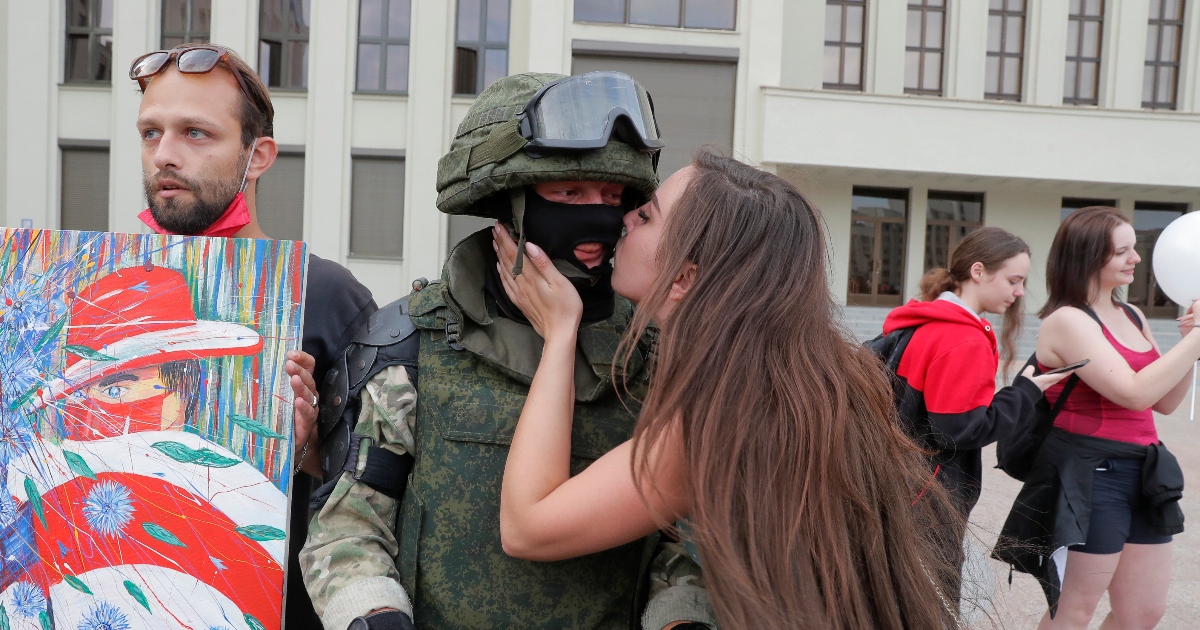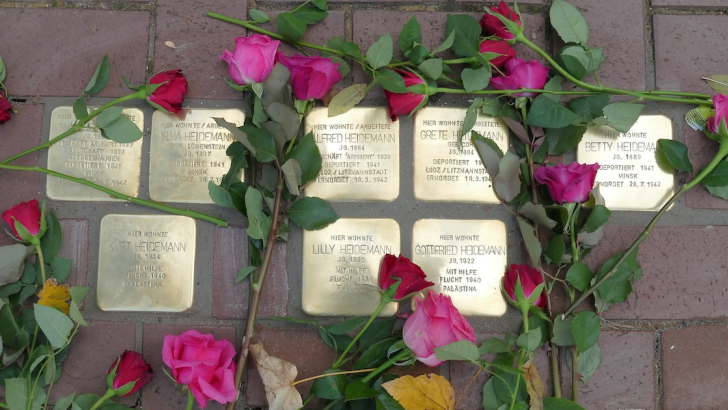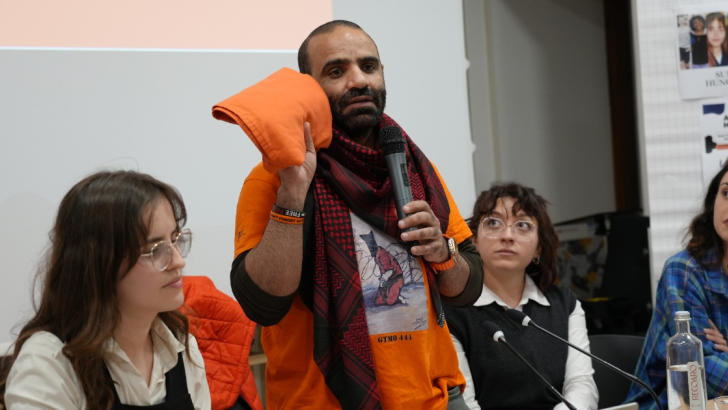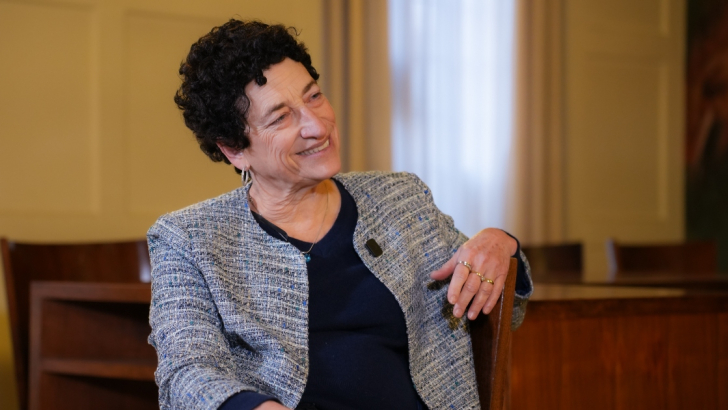The death of dissent: lessons from Belarus on the fragility of academic freedom

Proteste Bielorussia 2020 REUTERS/Vasily Fedosenko
“Academic freedom in Europe is in good health, but at risk.” That line, from the recent Il Bo Live article, captures a tension familiar to many: academic freedom seems stable until it is taken away overnight. Nowhere is that more visible than in Belarus, but the warning it carries resonates far beyond Eastern Europe.
Since the 2020 protests against the regime of Alexander Lukashenko, Belarusian universities have shifted from places of learning to tools of repression. Students have been expelled or imprisoned. Professors silenced or dismissed. At the Scholars at Risk (SAR) advocacy day held at the University of Padua in June 2025, researchers, students, and human rights advocates gathered to examine the Belarusian case, not as a distant tragedy, but as a warning. What happens when academic freedom collapses? And what role can European institutions play in resisting that trend?
The situation in Belarus
Exiled Belarusian guests described a regime bent on crushing dissent through fear and force. Alana Gebremariam, a former student activist, recalled how early hope, seen in flash mobs, faculty walkouts, and student strikes, was quickly shattered. “We were fighting for our voices to be heard,” she recalled, “but we didn’t expect the scale of repression.” She was arrested and sentenced to two and a half years in a penal colony, where she endured overcrowded cells, unsanitary conditions, and the daily humiliation of forced labour and exposure.
Her story is not unique but reflects a broader pattern. As of 2024, students and faculty in Belarus continue to face persecution for any form of critique, according to University World News. Campus trials, including a 2023 case in which students were prosecuted for “insulting the president,” have turned universities into sites of intimidation.
Academic freedom is not a given
Professor Paola Molino, a historian at the University of Padua, offered a sobering perspective: academic freedom, far from being a universal right, has historically been a conditional privilege. “Universities have always operated within systems of power,” she stated. Religious, political, or financial forces have always influenced what can be taught, researched, or challenged. Even today, institutions that seem independent are shaped by funding, policy, and politics, whether in Belarus, Hungary, Turkey, or the United States.
This is why Molino warned against romanticising the past: “History should never be a constraint for the present,” she said. Instead, it should sharpen our understanding of the present. If academic freedom is to remain meaningful, it must be constantly reasserted, not only in times of crisis but in moments of complacency.
Molino added that advocating for academic freedom today might require a more rebellious stance: “It’s not easy to be disobedient when those you’d challenge – be it your family, your university – are doing their best to support you. It’s hard to push back when the people in power are kind on the surface. But that’s exactly when critical thinking matters most.”
Networks of solidarity: building institutional responses
In response to growing threats, institutions are building new ways to defend academic freedom. Scholars at Risk (SAR) Italy is launching a podcast series, SAR Italy on the Record, which will amplify the voices of those fighting to keep academic freedom alive. The project includes interviews, case studies, and storytelling from Belarus, Palestine, Turkey, the U.S., and beyond, underscoring that the pressures on academic freedom are not confined to one region but form part of a global pattern. The goal is not only to document, but to invite reflection and build a collective memory.
This podcast is not just about broadcasting stories. It is a part of a larger effort to develop training materials, public education campaigns, and accessible tools for hosting at-risk scholars. The Arqus European University Alliance is contributing by translating research into practical resources and widening access to these conversations through student-driven initiatives and digital media. One example storytelling workshop, for instance, invited SAR students to create digital narratives, not only as an act of expression but as a way to listen, truly, to experiences often kept at the margins.
Universities as platforms for action
Maksim Zafranski, member of the Belarusian Students’ Association, emphasised that universities are not neutral ground. “They’re platforms,” he said. “If used well, they can create political momentum.” His organisation has collaborated with SAR and others to publish reports used in diplomatic advocacy and release campaigns. “Students have more power than they think,” he added. “Even an Instagram post can start something.”
This idea, that small acts can ripple outward, is a recurring theme. Advocacy today is not just about mass protests. It’s about petitions, creative campaigns, podcasts, and consistent visibility. What universities can provide, Maksim argued, is a relatively safe environment to speak up and build alliances. Yet again, in democratic countries, such safety is never absolute. And even more in authoritarian contexts, it becomes a luxury, one that must be used deliberately.
Culture in exile: preserving identity through books
The event also looked beyond immediate activism to the slower, steadier work of cultural resistance. Representatives from Skaryna Press, a Belarusian publishing house based in London, spoke about preserving identity through language and literature. They mostly publish in Belarusian, a deliberate act, given that the regime aggressively pushes Russian as the dominant language.
They have published essays, memoirs, and creative works that would likely be censored in Belarus. “Books bring people together,” director Ihar Ivanou said. “Sometimes it starts with literature, and then turns into a conversation, then into ideas.”
This kind of cultural continuity, especially in exile, is a quiet but powerful form of resistance. “Belarus doesn’t end at its borders.” For those who are unable to return home, publishing becomes a way to stay rooted, to bear witness, and to imagine a future beyond repression in their own words and in their own language.
The case of Belarus is not just a tragedy – it is a lens through which to see ourselves. It forces us to ask uncomfortable questions: What does academic freedom really mean, in Europe, in the Middle East, in the Americas? Who gets to claim it, and who is excluded from it? And how can institutions uphold it not only in principle, but in everyday practice?
The advocacy event didn’t offer easy answers, but it made one thing clear: academic freedom is never guaranteed. Academic freedom isn’t just about a matter of laws or policies. It’s about who gets to speak, question, and imagine without fear. In Belarus, that freedom is being fought for, one voice at a time – and their struggle reminds us why it should matter everywhere.









